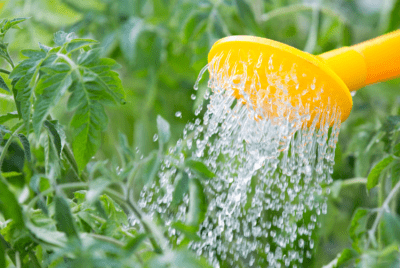RESEARCH
Comparison of Physiological and Psychological Relaxation Using Measurements of Heart Rate Variability, Prefrontal Cortex Activity, and Subjective Indexes after Completing Tasks with and without Foliage Plants
Summary
This research paper investigates the physiological and psychological effects of performing tasks with and without foliage plants. Using a crossover experimental design, 24 university students completed a pot-transferring task both with and without foliage plants while researchers measured their heart rate variability (HRV), prefrontal cortex activity, and emotional states. The results showed that tasks involving foliage plants led to greater relaxation, as indicated by reduced sympathetic nervous activity (lower HRV ratios) and a tendency for decreased oxygenated blood concentration in the left prefrontal cortex. Additionally, participants reported feeling more comfortable, natural, and relaxed when working with foliage plants compared to tasks without them.
The study concludes that interacting with foliage plants promotes both physiological and psychological relaxation, supporting the idea that nature-based activities can help reduce stress. The authors suggest that incorporating plants into daily activities or therapeutic interventions could enhance well-being. Future research is recommended to explore the long-term effects of such activities and their potential applications in rehabilitation or mental health programs.







